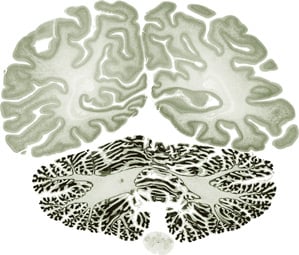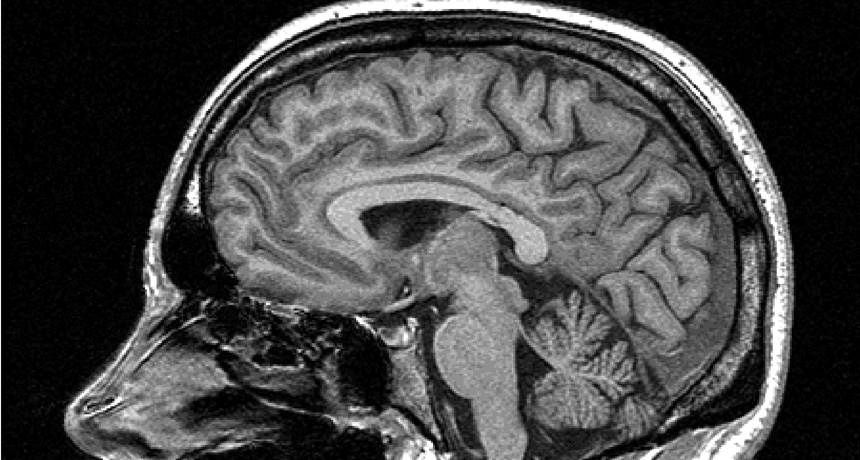Science does not at the moment truly understand why we dream or what dreams do for us. There are some prevailing theories such as random synapses in our brains firing as the brain shifts memory from short-term to long-term storage. Some believe that dreams are the brain's way of telling us what is causing us stress in our lives. But no one theory has been proven correct as of yet. However, science has progressed to the point that we can determine how we dream.

Using machine learning, an EEG (electroencephalography) machine, and an fMRI machine (functional magnetic resonance imaging), Japanese scientists have invented a rudimentary way of recording people's dreams. To do this, they first had test subjects fall asleep in the fMRI machine and then when they detected that the subject had entered the dream phase, the subject was woken up and asked to describe what they saw.

Using machine learning algorithms, they were able to use all the data they collected from their test subjects to be able to predict what a subject was dreaming about just based on their fMRI readings. They then grabbed images from the Internet to represent the various objects people could dream about and plugged those into the algorithm as well. This allowed them to play rudimentary videos of people's dreams just based on their brainwaves. The scientists found that their algorithm was correct about 60 percent of the time. Which is a lot higher chance than just guessing!

Not only is this a breakthrough in the field of dream and brain science, but this will allow other scientists to learn more information about the dreaming process itself. And all of this was made possible because of artificial intelligence. A computer program built to recognize patterns and learn. This shows the help that AI can be in any field, be it dream science or market analytics. Artificial intelligence is paving the path of the future.
-Kody Mitchell
keywords: dream, brain chemistry, MRI, fMRI, EEG, electroencephalography, machine learning, algorithm, artificial intelligence, AI, brainwaves, brain


Comment